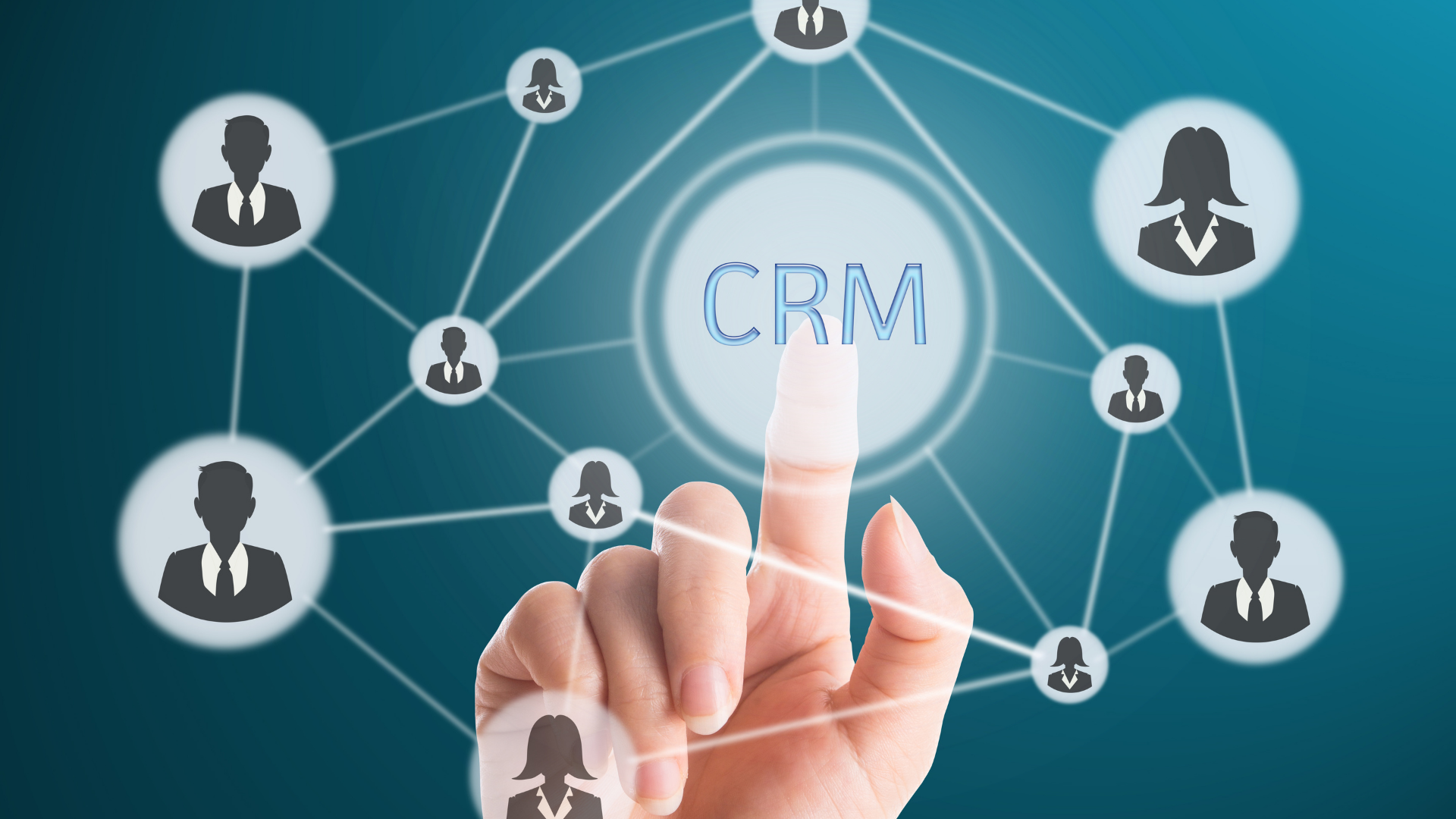The 4 Types of CRMs and Their Differences
As with all businesses, successful companies must have the proper structure in place to function. Most of these companies fall under the classification of a “customer relationship management” (CRM) system. CRM systems help businesses manage their clientele, record and track all interactions, and prevent data loss by recording and managing customer details (names, addresses, emails, phone numbers, bank details, etc.). There are different types available, as mentioned below, and there are services that can be linked to these, e.g. hubspot services that can provide assistance with CRM as well as help with marketing and bringing in traffic online.
CRM plays a big role in various services provided to large organizations and industries. These services include sales and marketing support, managing relationships with customers and suppliers, gathering economic intelligence, and analyzing finances. The services offered to customers can be one-to-one, one-to-many, or many-to-many relationships. To make sure these systems work well together, many platforms have features for CRM synchronization, like linkedin crm sync. This lets users sync their contacts, messages, and interactions with their CRM, making it easier to manage and analyze customer relationships across different platforms.
So, here are the 4 Types of CRMs and Their Differences
- The Analytical CRM systems
Analytics provides businesses with many practical tools to build and manage their business. In today’s world, the evolution of such tools has become crucial to the success of businesses. The word “analytical” can mean that something is logical or that it has an intellectual appeal. That’s an accurate way to think of analytical CRM systems: they’re designed to gather and analyze data so that they can provide you with actionable information that increases your business’s productivity.
- The Operational CRM systems
Operational CRM is a term that came out of the need for better customer support. It is a term used to describe a type of CRM system used to support a business’s day-to-day operations. These systems are typically used to help your business automate customer support processes and provide insight into your customers. They are most often used to complement the core CRM systems found in enterprises.
Businesses use different Customer Relationship Management (CRM) systems to manage the customer interactions required to build, manage, and maintain their relationships with customers. A CRM system is a software package that collects, processes, and analyzes customer information to analyze and manage customer interactions. CRM can improve customer loyalty, increase customer satisfaction, and improve customer acquisition.
- The Collaborative CRM systems
A Collaborative CRM can be the hub of the marketing team. Its primary purpose is to centralize all the customer interaction and interaction between team members. There’s an endless need to connect with clients and make progress on projects in today’s business world. From calling someone to get them to sign a contract to working with your team to improve orders placed, it’s essential to have an excellent system to help you stay on track. Collaborative software is meant to make these connections more accessible and more efficient, allowing you to work with your team to further your goals.
- The Strategic CRM systems
Strategic CRM systems are the cornerstone of virtually every marketing and sales organization. They are used for logging touchpoints and leading to follow-up actions. The goal is to develop and grow your CRM system. The benefits are that it streamlines communication between your staff and the lead to follow up with. With the help of a CRM system, you will be better able to plan, measure, and drive ROI within your organization. Strategic CRM systems are planning tools that allow companies to manage their sales and marketing efforts better, and there are even industry-specific CRMs, such as this crm for mortgage, which have tools and features that professionals within the industry will find genuinely helpful, without anything they won’t be using. Generally speaking, a typical, non-industry specific CRM tool will have several features, including but not limited to Sales and Leads, Contacts, Opportunities, Marketing, Campaigns, and Leads, Web presence, Mailing Lists, Lead Management, Reporting, etc.
To make a good impression, you need to understand what you are up against. In business, the most important thing is to understand the fundamentals of your industry. These are the four types of CRM (Customer Relationship Management) software, and your company needs to make sure it’s working with the right one. Fundamentally, customers (or clients) don’t always act rationally. They would always make rational decisions in a perfect world, but that is rarely the case. You sometimes need to use your influence and power over a client to make the right decision. As a business owner, your job is to help your customers make the right decision, rather than trying to make them take quick action.


